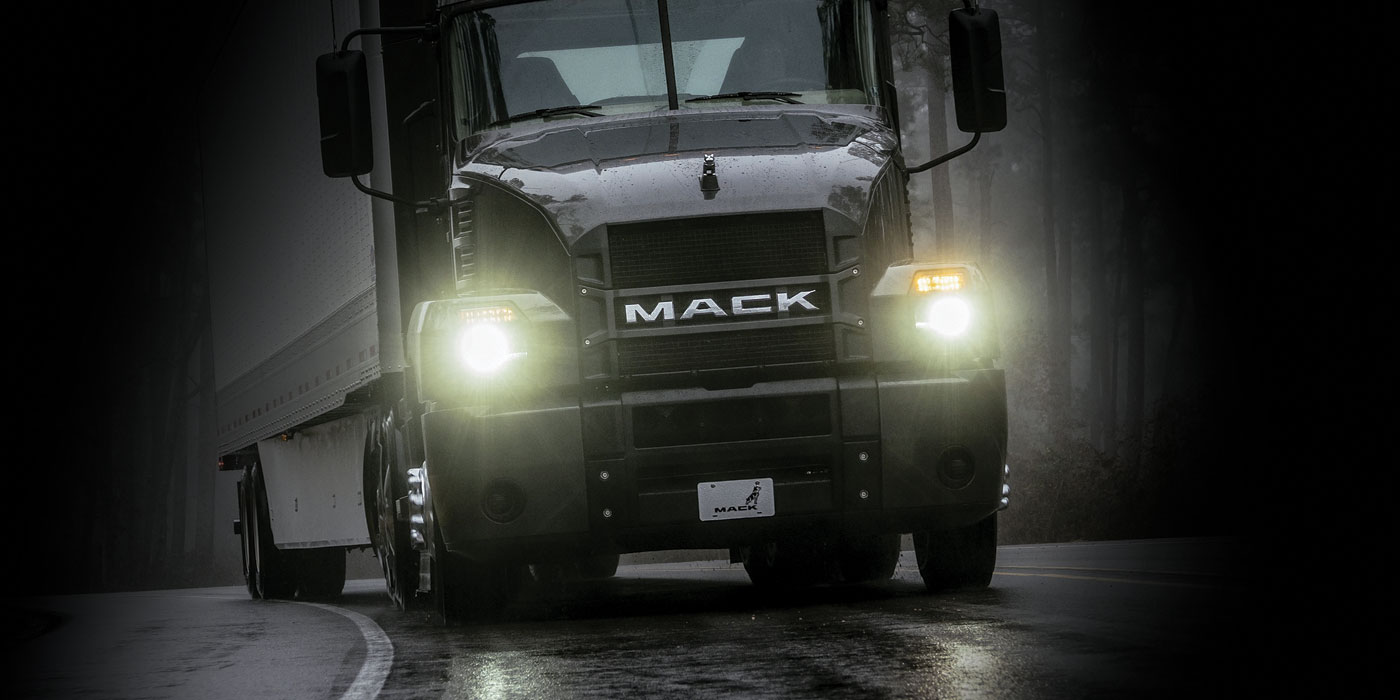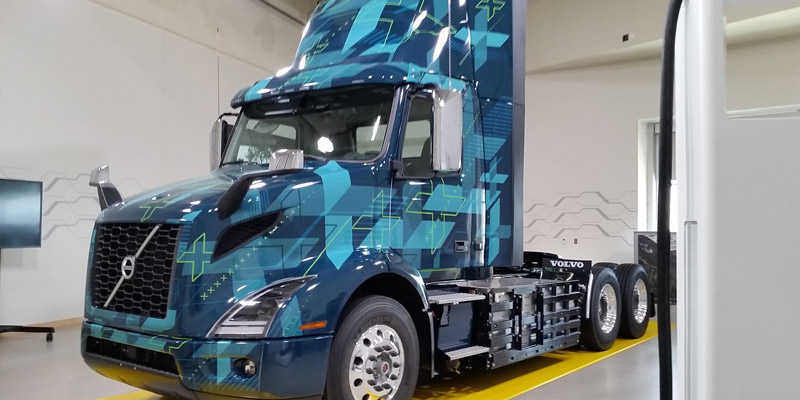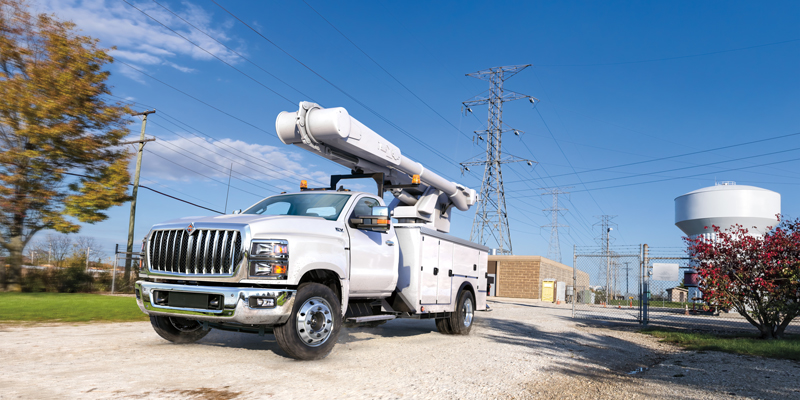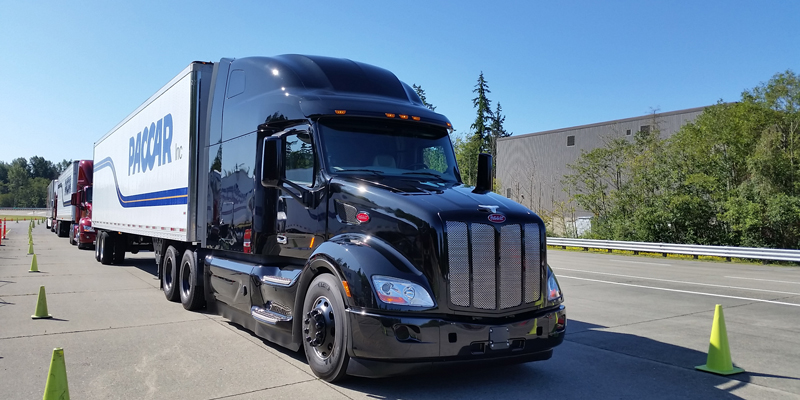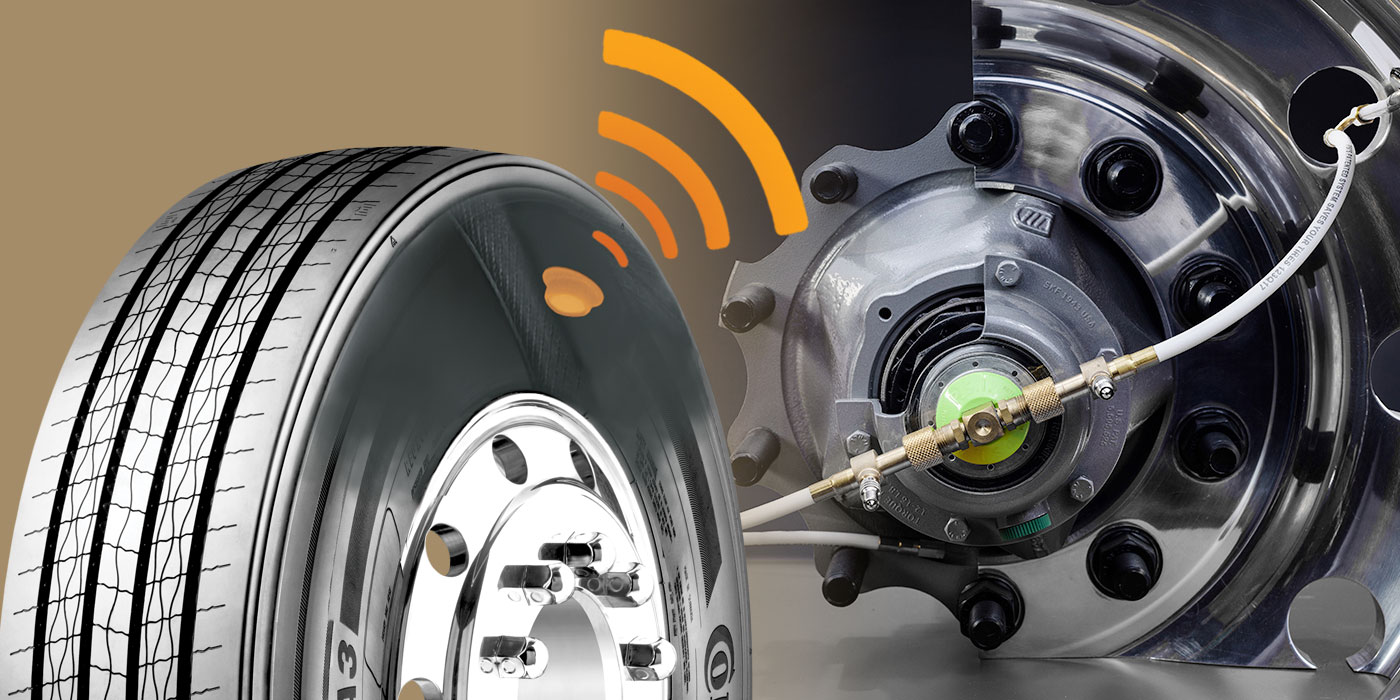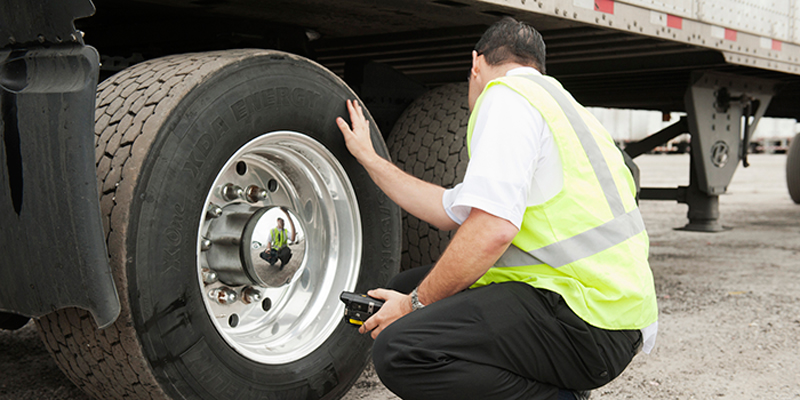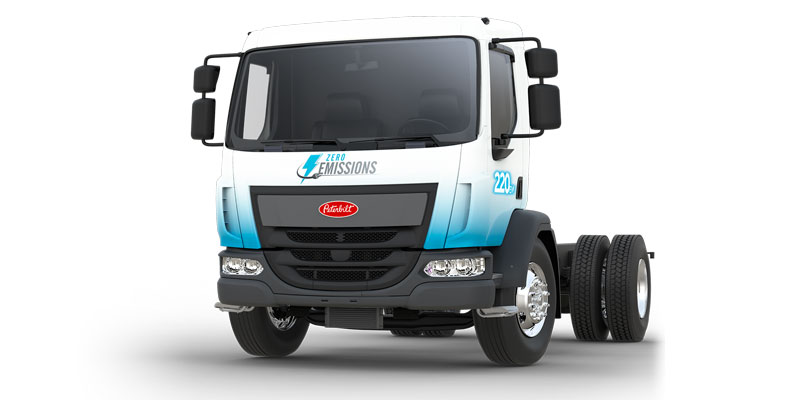Sometimes our states meddle in areas where they shouldn’t be meddling; California has a history, of which they are very proud, of doing just that.
One of the proposals of the FAST Act, which was struck down, was to prevent states from writing requirements that preempted applicable federal standards. This proposal didn’t make the cut, but it recently reappeared in the Aviation Innovation, Reform and Reauthorization (AIRR) bill.
Let’s explain California’s latest regulating nightmare. The state decided that truck drivers should be required to take a 10-minute break every four hours. This bill was authored by politicians with good, but uninformed, intentions.
When challenged legally, the California Supreme Court upheld this California law. There is only one problem—this bill preempts federal legislation dating back to 1994.
I just don’t understand how 49 of our states have to obey one set of rules while California is allowed to go its own way. I thought liberals supported strong federal governments, but California seems to be allowed to do whatever it feels like doing. When it comes to activities that occur in all fifty states, like hauling freight, how does it make sense to have two sets of rules?
California’s Low Carbon Fuel Standard (LCFS) has also caused its share of problems. Early on, corn-based ethanol was found to produce more life-cycle emissions than other alternate fuels. Suppliers who wanted to sell gasoline in California had to use ethanol produced from sugar cane to meet their mandated ethanol content requirement. This meant fuel marketers had to pay for ethanol and freight charges from Brazil to meet these requirements. Do you think those suppliers absorbed those extra costs? I don’t think so.
Recently, California put forth a LCFS requirement for diesels which said that diesel fuels meeting that standard must not exceed 40% of the carbon intensity of current CARB diesel. This approach was consistent with Gov. Jerry Brown’s dictate for a 50% reduction of petroleum use in vehicles by 2020. The LCFS is a legal mandate in California.
When the air resources board (ARB) began analyzing diesel fuels meeting this requirement, they found that biodiesel produced a small increase in NOx emissions. So the ARB imposed 5% to 10% maximum biodiesel content in LCFS fuels depending on the season and the original cetane number of the fuel. So California painted itself into a corner.
To remedy this situation the ARB will now delay implementation of the new diesel fuel requirements until 2018 while they attempt to figure out what to do. There is a NOx reducing additive—DTBP—which can also be utilized, but it will increase LCFS diesel fuel costs significantly.
Years ago, the South Coast Air Quality Management Board (SCAQMB) decreed that all buses around L.A. would operate only on methanol to reduce emissions. But diesel lubes couldn’t tolerate the ultra-high corrosivity of methanol. So the L.A. buses spent most of their time in the shop. The bus operators were given a special methanol-resistant lube, but maintenance issues persisted.
Then one day the SCAQMB announced that, from that day forward, all L.A. buses would operate on CNG. Can you imagine what that fiasco cost the people of California, and how that added to their tremendous debt? I appreciate that California wants to be a leader in emissions, but scientists will solve these problems, not politicians and environmental activists.


